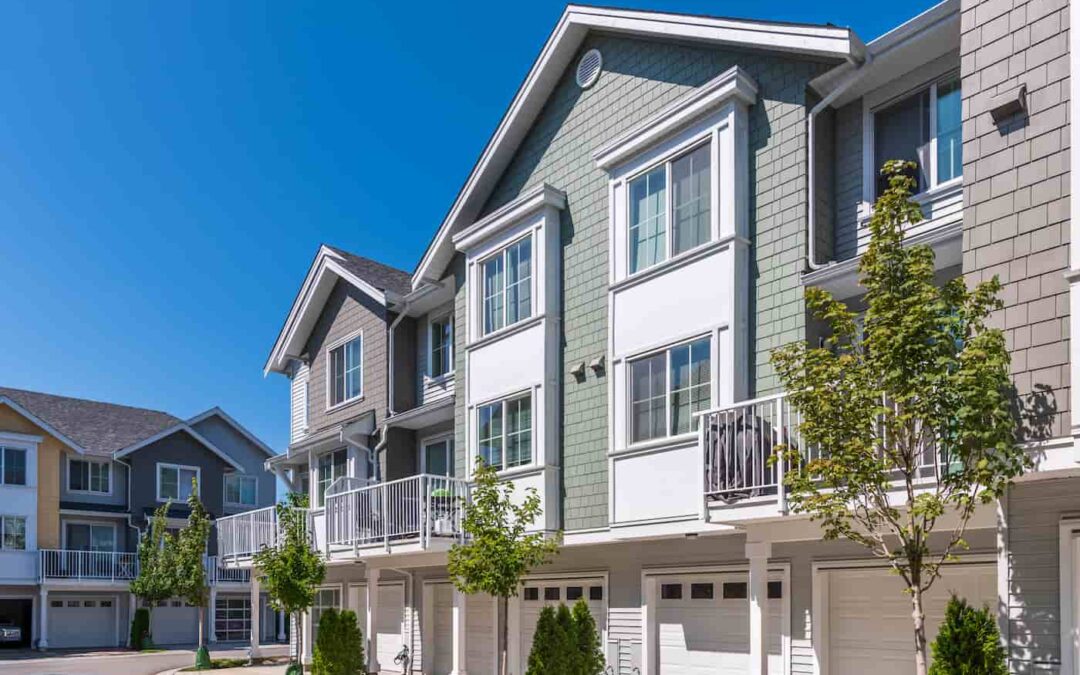Many people are looking at real estate investment as a career or a way to generate a second stream of income for more financial stability. Real estate is considered an excellent investment strategy, and with well-chosen properties, investors can plan on predictable cash flow, excellent returns, and tax advantages. But don’t take the plunge yet. With some strategic planning, you can increase the chances of success in managing a rental property. One of the first considerations for any potential property investor is whether you should look at multi-family or single-family options. Both options come with benefits and drawbacks. Depending on your financial situation, location, timeline, and past experience, you may find that one suits your goals and abilities better. Here are five topics to research to help you make the best investment decision for your unique situation.
Money
Setting a budget before you browse will help you identify the properties that make the most sense for your current financial situation. Don’t get caught looking at and falling in love with properties you can’t afford. Remember, your budget needs to include more than just the down payment and mortgage. Factoring in taxes, insurance, utility bills, and maintenance needs will help you make a realistic budget. Set your guidelines early, and you’ll feel much more confident in your decisions.
Shop around with several banks to get a pre-approved mortgage at the best rate. The average investor often finds that a single-family investment is the best way into property management because upfront costs are lower. With good credit, you may be able to secure a commercial mortgage giving you more borrowing power.
Location
Never underestimate the power of location. A property’s location influences the initial investment price, insurance, rental rates, advertising, and so much more.
- Multi-Family – Cities offer more apartment investment options and the advertising can be based on convenience, amenities, public transportation, etc.
- Single Family – A single-family home on the outskirts with good commuting options, parks, trails, and a backyard, might be a goldmine for a renter that wants a little space but still needs access to city/work life.
Another question to think about is, do you want to live there too? If it is a unit nearby or even on your property, it’s easy to keep an eye on things. If you live further away, you’ll need to plan distance into your property upkeep and tenant accountability strategy. A property management company can help when distance is a factor or when juggling the details of a multi-family unit seems daunting. Spend time getting to know the different neighborhoods with their amenities, schools, and even applicable city codes so that you know where to target your property search.
Flexibility
Consider your need for financial flexibility. Single-family units can be rented out without tying all of your capital down. You can focus on other investment opportunities, and you can easily sell if you need to make changes. Multi-family properties need a more focused buyer should you want to get out of the property management business. As a result, you’ll probably need a financial cushion while waiting for the right buyer to show up.
When investing in a rental property, consider your long-term goals. Two key goals may be:
- Maximizing Cash Flow – multifamily properties may fit the bill, with more tenants bringing in more profits.
- Staying Low Stress – single-family properties typically mean slower profits but lower stress since you only handle one household.
Maintenance
You will always have maintenance bills but think through how equipped you are to deal with them.
- Multi-family – You may need to reconsider the DIY option. But, while having a larger number of units to juggle is complicated, you may be able to build relationships with providers for deals on large-scale jobs. Bundling often means savings.
- Single family – With one unit, it’s easy to keep track of issues, and there tend to be fewer surprises. Are you a DIYer? You may be able to keep up with maintenance needs at one or two properties.
Stability
How much risk can you take? Vacancies can be a huge drain on finances, especially if you’re relying on the monthly rent to help cover your mortgage payments.
- Multi-family – Multiple units spread out the costs, meaning an empty unit is not as impactful on your overall budget. But, multiple empties can quickly add up to a loss.
- Single-family – These properties may provide more long-term stability with a good tenant, but a vacancy means that 100% of the rental income is missing from your monthly budget.
Partner With the Experts
There is a lot to think about when deciding to take on a rental property, and talking with an expert can help you make the best decision for long-term success. Call or text Darla Andrew today at 503.515.3170 to learn more about how we provide the support you need to confidently enjoy the rental process


Recent Comments